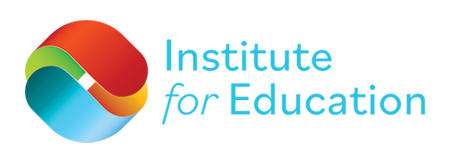Pedagogical Practices
Pedagogical practices include the application of educational theory in the act of teaching. The main interest in this area is the multiple orientations theory informed practices give to lesson planning, delivery, and assessment. It also includes reflection on the tension between educational theory and the situatedness of the act of teaching. This research area is also interested in reflection on practice as a means of directly improving one’s practice in the classroom and as a tool for the people working in the field of education to mull over their “becoming a teacher” which puts them in control of their teacher identity and allows them to exercise it in a more authentic fashion.
This area may include, but is not limited to:
- Early childhood education and care
- Lifelong and Lifewide Learning
- Attending to Multiple Intelligences
- Teaching strategies
- Assessment of Teaching and Learning
- Creative Pedagogies
- Critical Pedagogies


